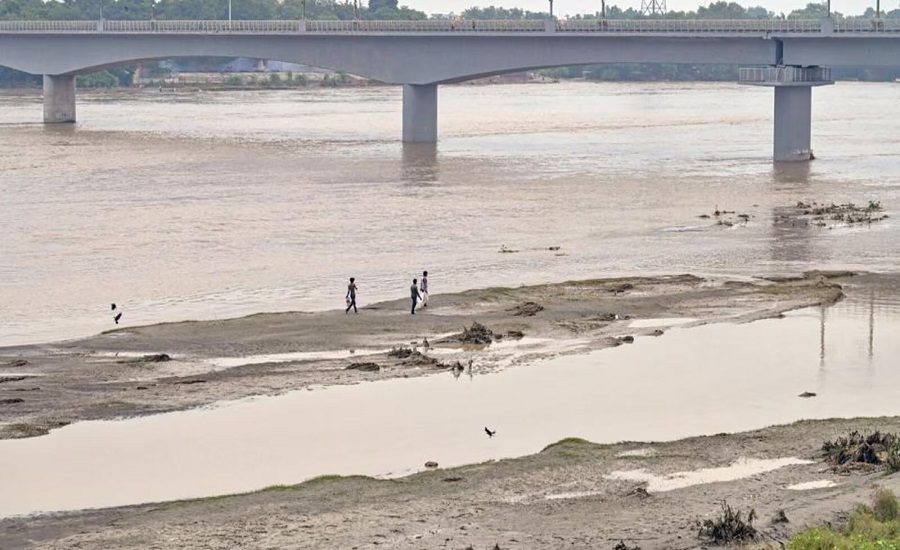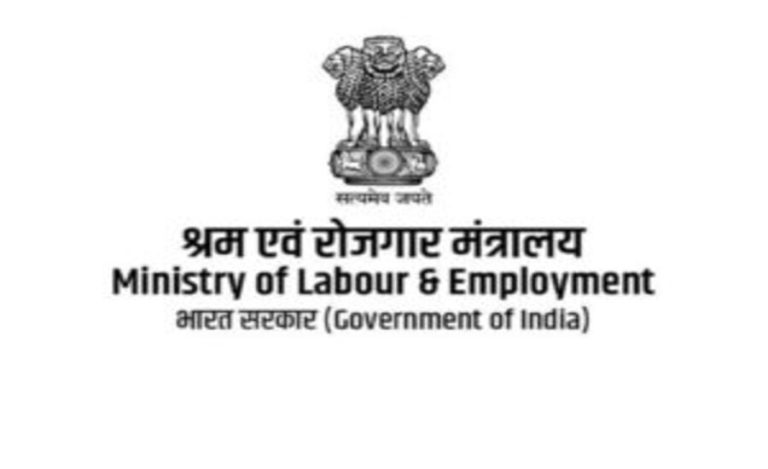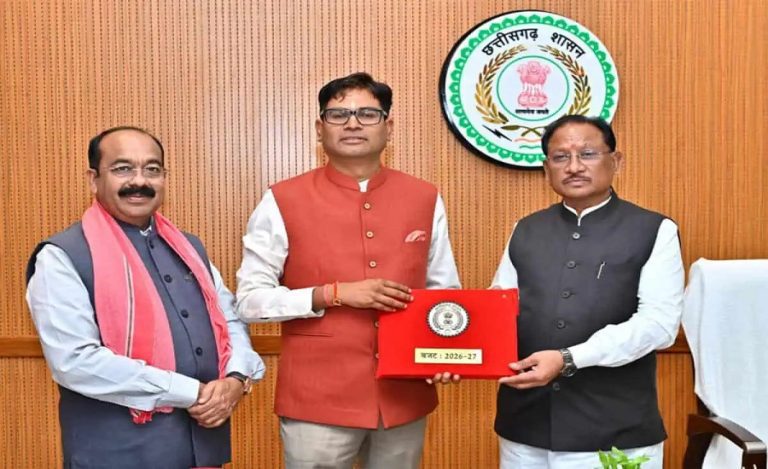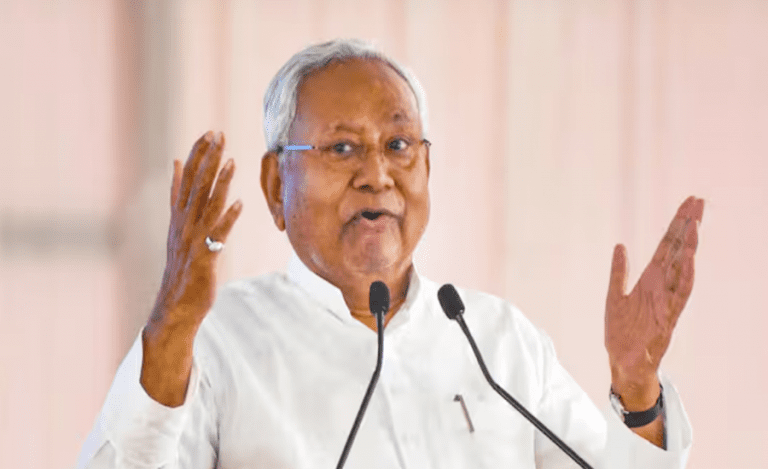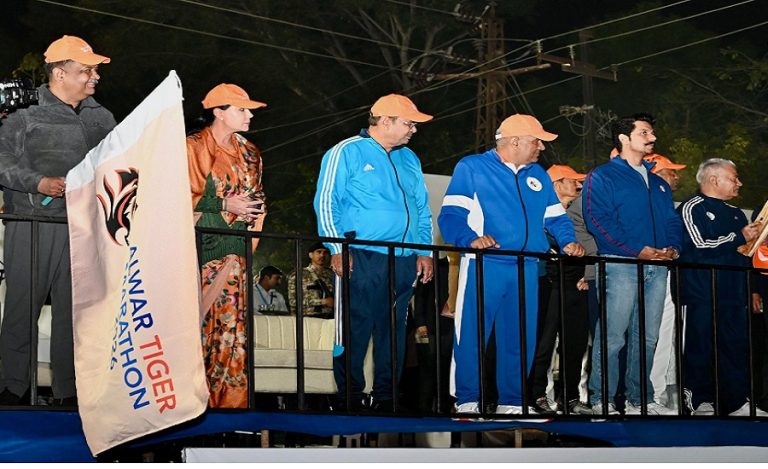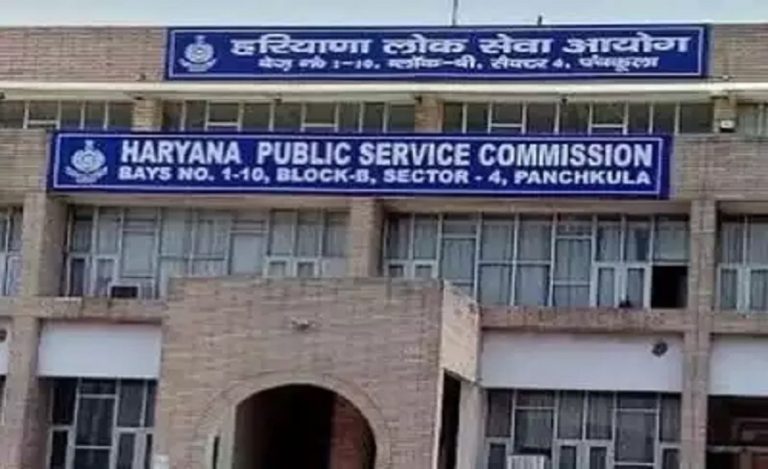New Delhi: In a crucial development for the conservation of the Yamuna River, Uttar Pradesh (UP) and Delhi have agreed to establish respective task forces to coordinate efforts against illegal sand mining and encroachment along the riverbanks. This decision comes ahead of the National Green Tribunal’s (NGT) directives aimed at curbing environmentally harmful activities on the shared riverine border.
Inter-State Coordination Takes Shape
The Ghaziabad administration has formed UP’s task force specifically to tackle illegal mining activities along the Yamuna riverine border. This task force will coordinate closely with a counterpart team in Delhi and similar bodies in other affected districts such as Noida and Baghpat. The move follows NGT’s suo motu cognizance of a Times of India report revealing sand miners constructing a road across the Yamuna at the Delhi-Ghaziabad border by laying sandbags.
In July, Delhi Chief Minister Rekha Gupta wrote to UP’s Chief Minister Yogi Adityanath urging immediate action against illegal sand mining in the border areas, emphasizing the urgent need for regulatory enforcement.
Composition and Roles of the Task Forces
The UP task force includes Ghaziabad’s Additional District Magistrate (Finance/Revenue), Loni Assistant Commissioner of Police (ACP), Sub-Divisional Magistrate (SDM), a Regional Transport Office official, and the District Mining Officer. Authorities from Delhi’s north and northeast districts, as well as Gautam Buddha Nagar and Baghpat administrations, have been requested to nominate their members to ensure comprehensive coordination.
Ghaziabad’s District Mining Officer, Saurabh Chaturvedi, confirmed that the task force was conceptualized during a meeting on August 13. “An inter-state joint task force will carry out the demarcation of Yamuna river plains on UP-Delhi borders and curb illegal mining. All officials will function together as one joint force,” he said, adding that replies from some districts are still awaited.
Distinct from Existing Anti-Mining Forces
Chaturvedi clarified that the new Yamuna coordination task force will operate independently from the anti-mining task forces that have been functioning within UP districts since 2023. Meanwhile, officials from Gautam Buddha Nagar have stated that they are yet to appoint their representatives for the new task force.
Legal Backing and Penalties
Those caught engaging in illegal sand mining face significant penalties. “Violators can be fined up to Rs 5 lakh under the Mines and Minerals (Development and Regulation) Act, 1957. The District Magistrate can also order FIRs under relevant sections of this Act and the Bombay Naturalization Scheme (BNS),” Chaturvedi noted.
Jurisdictional Challenges and Demarcation Efforts
The porous nature of the Delhi-Ghaziabad border has long complicated enforcement efforts due to jurisdictional ambiguities. Ghaziabad ADM (Finance/Revenue) Saurabh Bhatt highlighted the importance of the joint task force in resolving these issues. “The combined force will not only help curb illegal mining but also undertake a demarcation exercise to clearly define jurisdiction along the border points,” he said.
The task force will focus on key areas including the 18 km Alipore embankment, with 9.6 km falling in Loni and the remainder in Baghpat district.
Past Failures and NGT’s Involvement
The National Green Tribunal has consistently expressed concern over illegal mining activities along the Yamuna, criticizing both the Delhi government and Ghaziabad administration for inadequate action and shifting blame. Last December, reports emerged of roads being laid across the Yamuna to facilitate sand mining. In April, after taking cognizance of these reports, the NGT reprimanded the concerned authorities and urged strict enforcement measures.
Delhi’s Response and Denial
While the Delhi government has stated in replies to the NGT that police have been deployed for round-the-clock patrolling and that officials including Block Development Officers and SDMs are tasked with preventing illegal mining, it has consistently denied that such activities occur within its jurisdiction.

